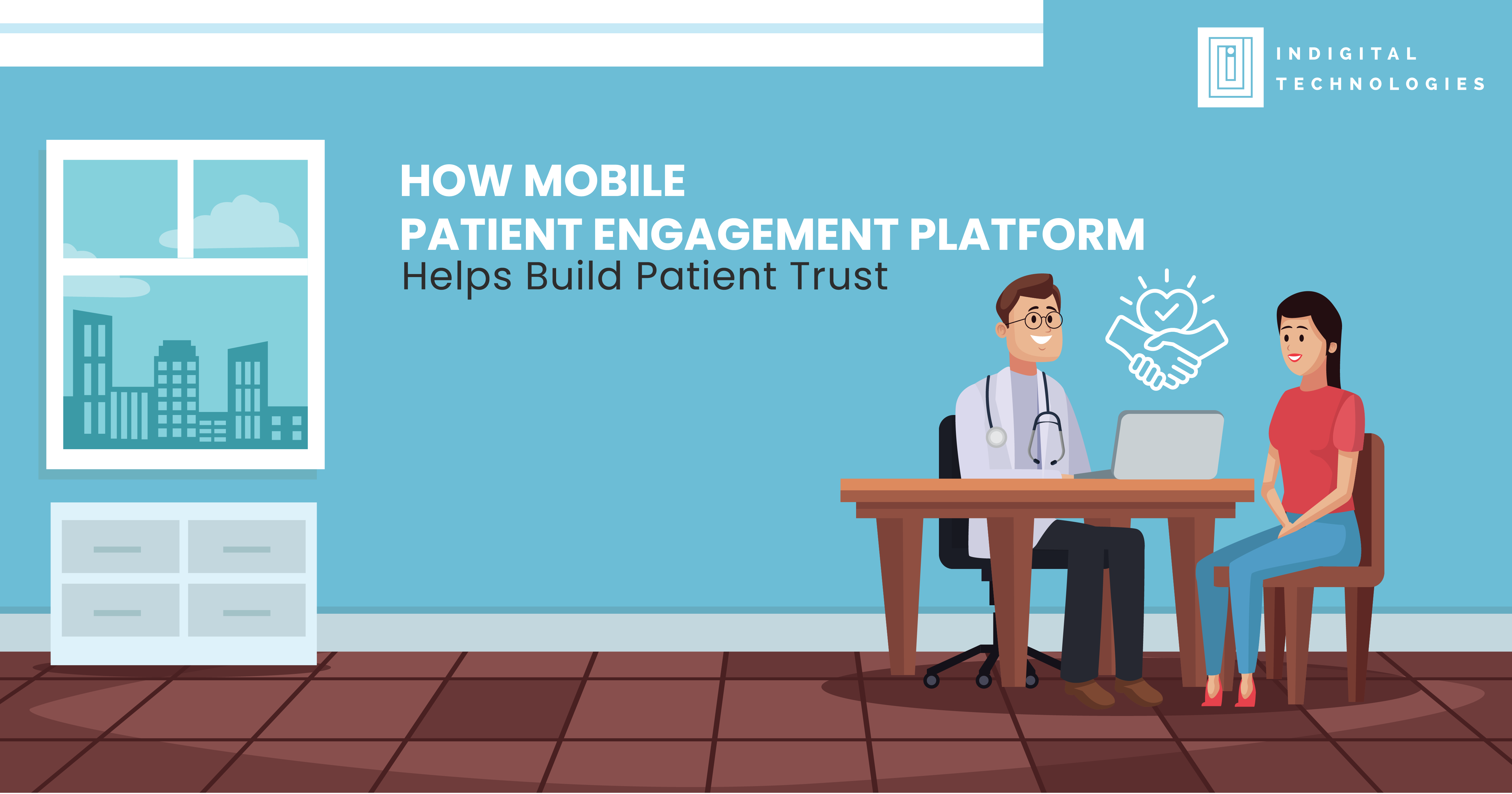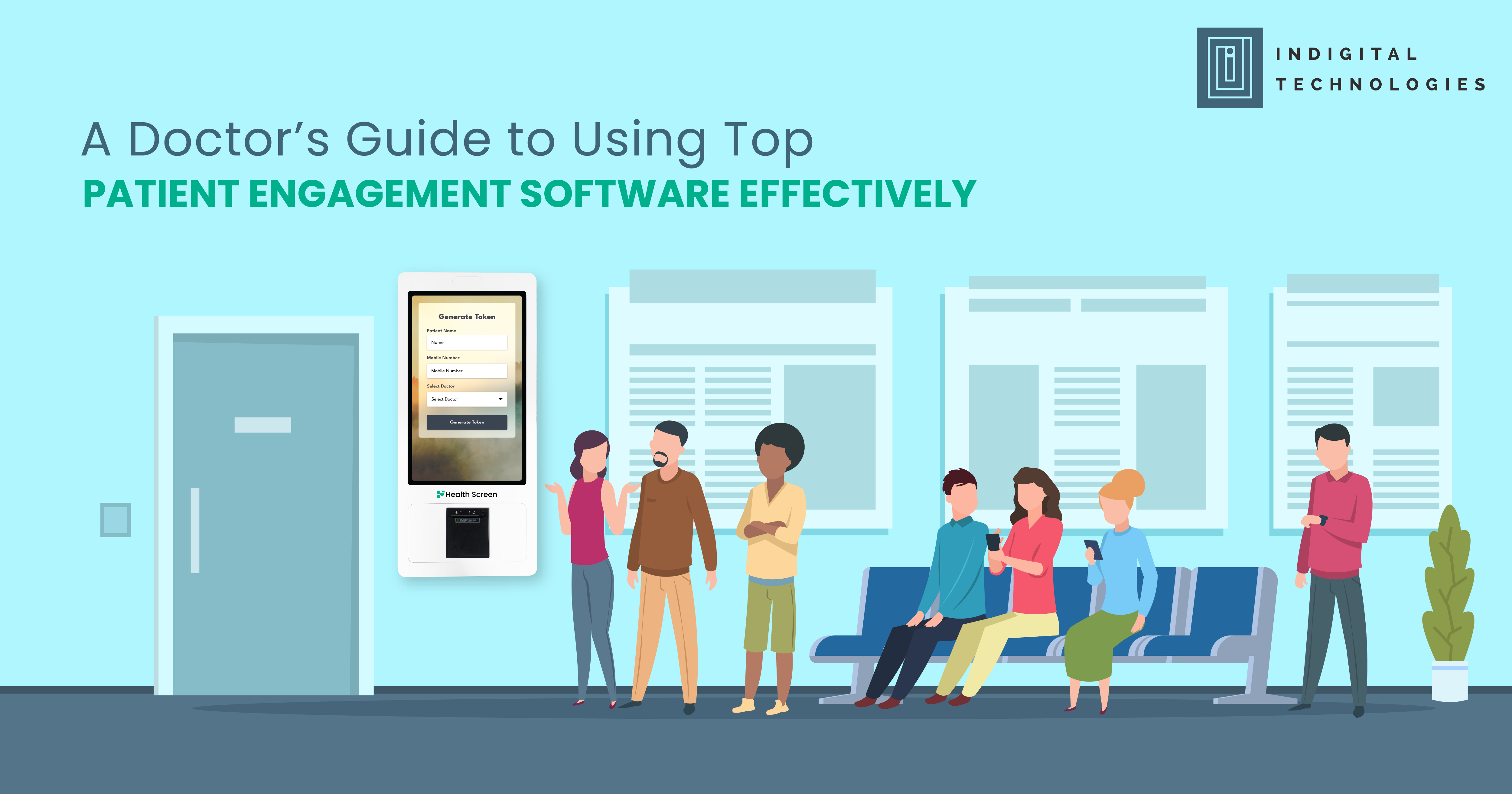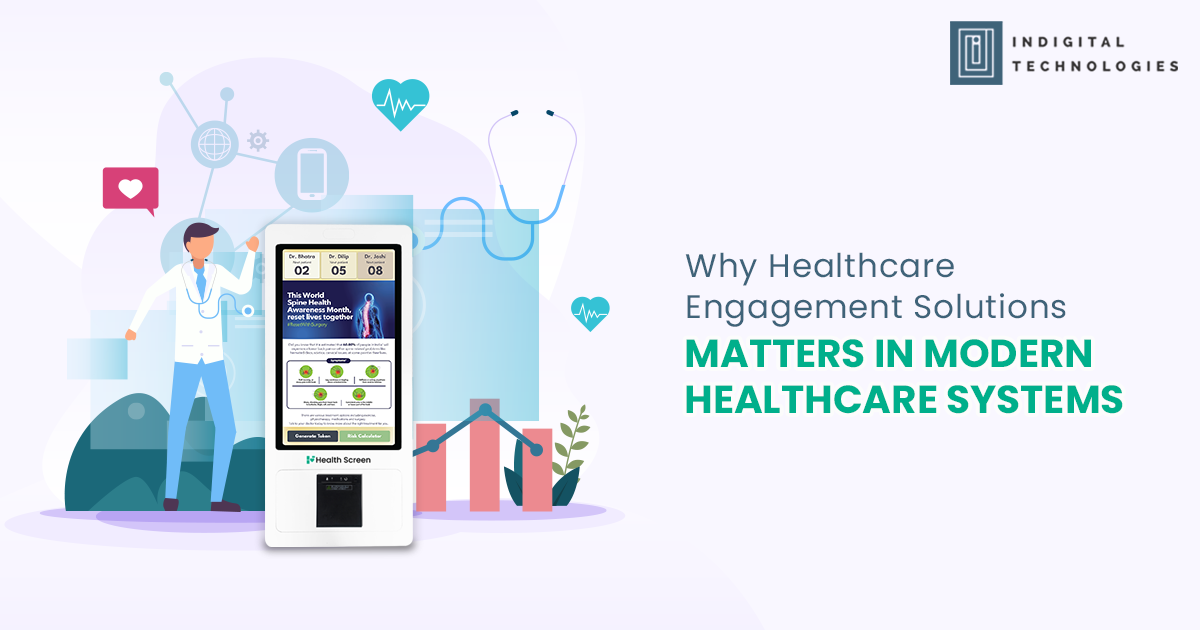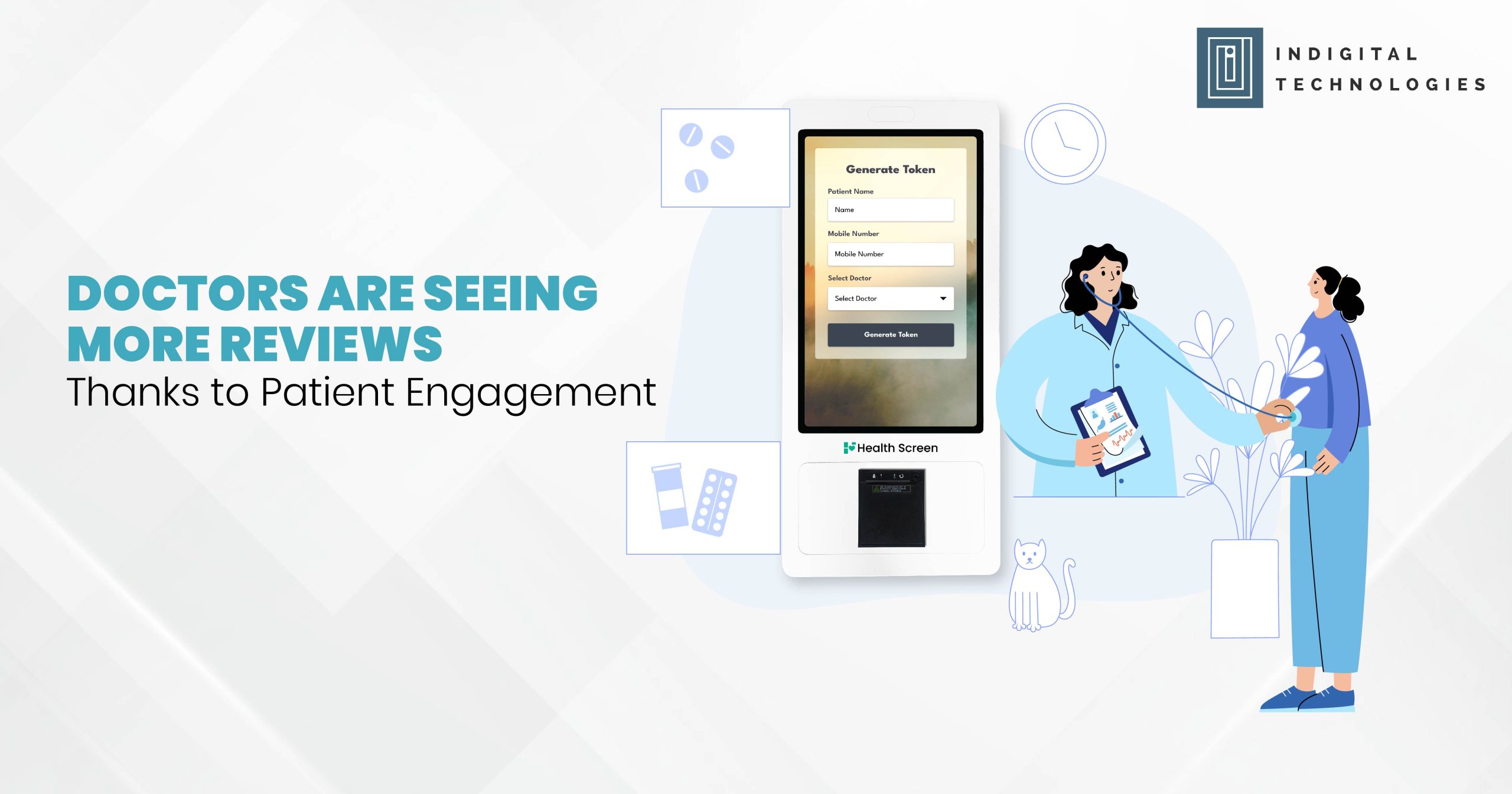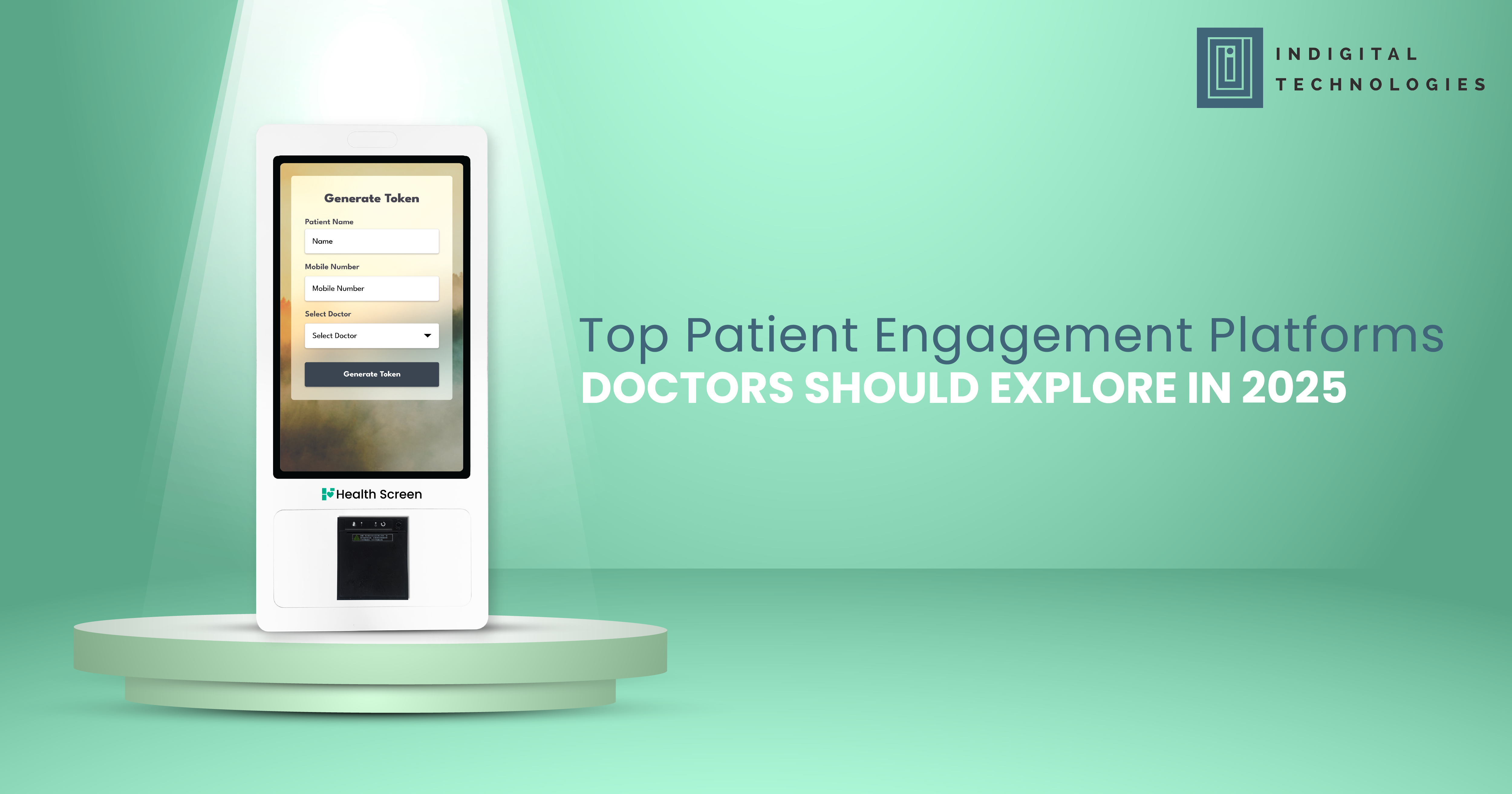Trust is the foundation of every successful doctor-patient relationship.
It is trust that encourages patients to be honest about their symptoms, to adhere to treatment plans, and to maintain long-term loyalty to their healthcare providers.
Without trust, even the best clinical advice can go unheeded.
Today, in an increasingly digital world, mobile patient engagement platforms have emerged as powerful tools for strengthening this vital connection.
For doctors, healthcare institutions, and even pharma brands, understanding how mobile engagement fosters patient trust can unlock significant improvements in care quality, patient satisfaction, and clinical outcomes.
The Modern Trust Gap in Healthcare
Despite advancements in medicine, many patients today feel disconnected from their healthcare providers:
- Short consultation times often leave patients with unanswered questions.
- Lack of timely follow-up can make patients feel forgotten once they leave the clinic.
- Poor communication regarding medications or side effects can create confusion and anxiety.
This disconnect fuels mistrust and contributes to:
- Poor adherence to treatment plans
- Increased likelihood of seeking second opinions
- Decreased patient loyalty and satisfaction
To rebuild and reinforce trust, clinics must find ways to engage patients not just during appointments — but throughout their healthcare journey.
Mobile patient engagement platforms offer exactly that.
How Mobile Engagement Builds Patient Trust
1. Continuous Communication
One of the biggest drivers of trust is communication.
When patients feel they can easily reach out to their provider — and receive timely, thoughtful responses — their confidence in the relationship deepens.
Mobile platforms enable:
- Secure two-way messaging between doctor and patient
- Automatic reminders for upcoming appointments
- Post-visit follow-ups to check on recovery or adherence
This ongoing communication reassures patients that their doctor genuinely cares about their well-being, even outside of scheduled visits.
2. Empowering Education
Misinformation is a major source of patient anxiety.
By providing patients with accurate, easy-to-understand educational content via mobile apps — such as videos, FAQs, and care instructions — clinics empower patients to make informed decisions about their health.
Patients who understand their conditions and treatment plans:
- Are more likely to adhere to therapies
- Feel respected and valued
- Develop greater trust in their healthcare providers
3. Transparency in Care
Mobile platforms offer patients immediate access to their:
- Medical summaries
- Prescriptions
- Test results
- Treatment instructions
Transparency builds trust.
When patients can easily review their own medical information, they feel included in the decision-making process rather than sidelined.
4. Personalization and Respect for Patient Preferences
Today’s patients expect personalized experiences — not one-size-fits-all treatment.
Mobile engagement platforms can customize communication based on:
- Patient’s language preference
- Age and demographic profile
- Specific health conditions
- Personal goals (e.g., weight loss, smoking cessation)
When patients receive information and messages that are clearly tailored to their unique needs, they feel truly seen and heard.
5. Accessibility and Convenience
Trust is strengthened when healthcare feels accessible, not bureaucratic.
Mobile platforms make it easy for patients to:
- Schedule appointments without long waits on the phone
- Get answers to non-emergency questions quickly
- Access medication reminders and preventive health tips
The more convenient and responsive the healthcare experience, the more trust is built.
Pharma’s Role in Supporting Trust-Building
Pharma companies have an important role to play in strengthening the doctor-patient bond through mobile engagement:
- Offering mobile-ready educational content about disease management
- Sponsoring adherence programs tied to therapies
- Providing digital support kits for doctors to share with patients
Brands that contribute to better doctor-patient relationships gain not just visibility — they earn credibility.
A 2024 survey by Accenture found that 65% of patients trust pharma brands more when they offer helpful, non-promotional patient education resources.
For pharma managers, supporting mobile engagement initiatives offers a direct pathway to improving both therapy adoption and brand loyalty.
Real-World Success Stories
Across various specialties, mobile patient engagement has already demonstrated remarkable trust-building power:
- A pediatric clinic implemented a mobile platform for parent education and saw a 40% increase in vaccine compliance rates due to improved parental trust.
- An oncology center provided personalized mobile care plans for chemotherapy patients, leading to higher treatment completion rates and patient-reported trust scores increasing by 28%.
Such successes highlight the profound impact that continuous, personalized digital communication can have on patient relationships and clinical outcomes.
Overcoming Barriers to Mobile Engagement
Of course, successful mobile engagement requires addressing potential challenges:
- Data Privacy: Ensuring secure handling of patient information is critical to maintaining trust.
- Digital Literacy: Providing simple, intuitive interfaces for elderly or less tech-savvy patients is essential.
- Balance: Avoiding “notification fatigue” by sending meaningful, not excessive, communications.
By choosing the right technology partners and focusing on thoughtful implementation, clinics and pharma brands can overcome these barriers and maximize trust-building potential.
The Future of Trust: Digital and Human, Together
As we look toward the future, the most successful healthcare experiences will combine:
- The empathy and expertise of human providers
- The immediacy and consistency of mobile engagement tools
Doctors will always remain at the heart of healthcare.
But mobile platforms will increasingly serve as the bridge that keeps patients engaged, informed, and emotionally connected throughout their care journeys.
Conclusion
In 2025 and beyond, trust will be built not only in the consultation room but also through the smartphone screen.
Clinics and healthcare brands that embrace mobile patient engagement will not only improve health outcomes — they will foster lifelong relationships based on transparency, empowerment, and respect.
The right mobile engagement strategy doesn’t replace the doctor’s voice — it amplifies it.
And in doing so, it secures the most precious currency in healthcare: trust.

